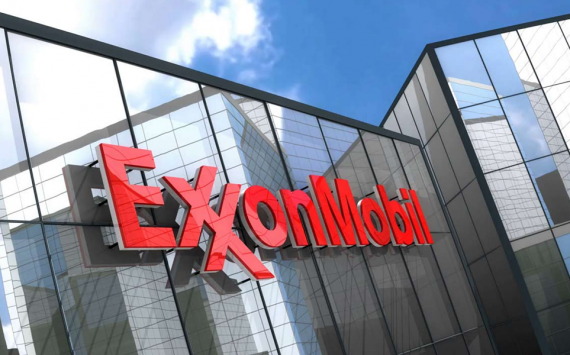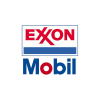
Record impairment
Exxon Mobil will write off a historic amount from its asset valuation of $17 billion to $20 billion, retaining more promising assets and reducing "less strategic" assets. The company is moving towards reducing costs and a more rational approach to capital investments.
The American oil and gas giant Exxon Mobil had one of the worst years in its history. Since the beginning of 2020, Exxon shares have fallen by 45.36%, the company has been losing money for three consecutive quarters, and in August they were removed from the benchmark Dow Jones Industrial Average blue chip index and replaced by shares of the technology company Salesforce.
In addition, the COVID-19 pandemic has created a crisis in the energy sector that was unprecedented in the past, and many large governments are relying on green energy and renewable sources.
Experts predict that demand for air travel and flights will be restrained for a long time to come, creating high uncertainty in the oil and gas industry.
US giant oil and gas producer Exxon Mobil reported the largest $17 billion devaluation of its gas assets. $20 billion amid falling energy prices this year. Previously, Exxon's largest asset write-off in 2016 was about $3.4 billion.
At the time, the outlook for gas prices in North America was optimistic as demand grew faster than supply. However, natural gas prices in 2020 fell the most in the last decade.
Exxon dividends
Exxon has been increasing its dividends every year for almost four decades, but there is now a risk that this will change.
Exxon maintains its quarterly dividend at $0.87 per share, which costs the company approximately $15 billion per year, even though it has to borrow money to do so. However, analysts say that in order to maintain this level, oil prices on average would need to be $50-$60 per barrel and Exxon would need prices well above that to cover the dividend without having to borrow money.
JPMorgan analysts said on Tuesday that dividend cuts are still possible in early 2021, interpreting Exxon's promise to "maintain a reliable dividend" as a failure to keep it at current levels.








